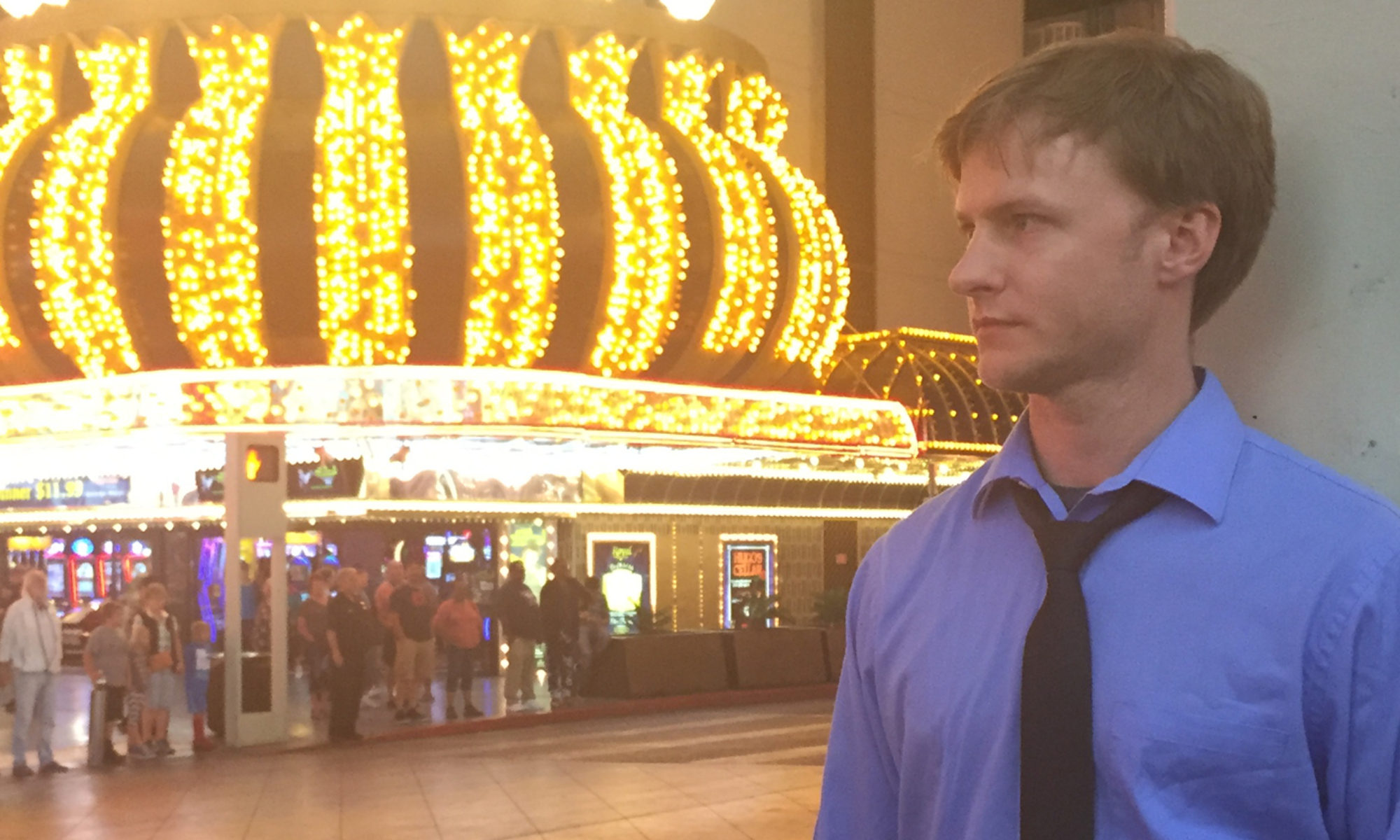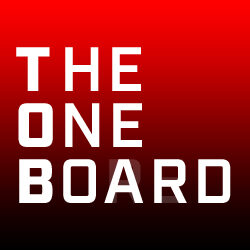As yet another 15-hours-a-day-for-five-or-more-straight-days tournament labeled “short duration” concludes, the bowling world celebrates Jillian Martin, the youngest player ever to win the USBC Queens. She’s 19, according to Donovan Grubaugh.
Martin is an exceptional talent who, as far as the research team at The One Board knows, has won every tournament she’s ever entered (particularly her back-to-back PBA Jr. titles in 2021 and 2022, which we must mention to adhere to our PBA-centric reputation).
The PWBA, like the PBA, gives out money and trophies to champions, but only credits members with titles. Thus, non-member Martin, the youngest player ever to win a major and the USBC Queens and who also won a title in 2021 to become the youngest player to win any event on the PWBA Tour, is not a PWBA champion.
Let’s not dwell on that, though (yet). Let’s continue to celebrate as we are on the eve of the inaugural U22 Queens, another 15-hours-a-day (though only two days, not including practice and finals) short-duration event. Finally, a professional[1] sport has given the best-shape-of-their-lives 22-year-olds a chance to compete without having to worry about being pummeled by the self-deprecating 50-year-olds.
Except… wait… didn’t a 19-year-old just win the actual USBC Queens? Does that automatically grant her the U22 Queens title? Does it prevent her from entering? As of this writing, she is not on the roster for the U22 Queens, which is probably great news for most of the U22 Queens competitors, who are blissfully shielded from a 19-year-old in an event designed to shield them from 23-plus-year-olds.
While it’s fun to expound upon the absurdity and prevalence of bowling inclusion by exclusion, we should be fair. According to bowl.com, the reason the U22 Queens (and U22 Masters) exist appears to be sound. A 2018 decision by the USBC, BPAA and IBC Youth Committee classified youth bowling as ages 18 and under, which eventually led to the elimination of the U20 division from Junior Gold, which would’ve led to some formerly youth bowlers having fewer opportunities to compete, which led to the creation of these non-youth youth tournaments, the U22 Queens and Masters.
For bowlers, having events to bowl is paramount to life, so giving them something new after taking something away is nice, especially when adults can now unabashedly bowl as adults rather than as children despite being adults.
It’s a good idea to cap youth bowling at 18 years old. It seems odd there was a time in which a human being could legally vote, smoke, drink and enter a youth bowling tournament, but it also seems odd that an amateur bowler can sometimes make more money than a professional bowler. Such is our sport.
What is not odd is 19-year-old Jillian Martin beating all players of all ages to win the 2024 USBC Queens, an amateur earning and having to pay taxes on $60,000 (or would if it weren’t for a complicated NCAA rule), as she works toward setting the record for most titles won by a player with zero titles. She might already have that record. If not, she will soon. She is very good at this game.
[1] In fairness, USBC points out these events that pay money are only open to amateurs, so our use of “professional” here isn’t exactly accurate.

